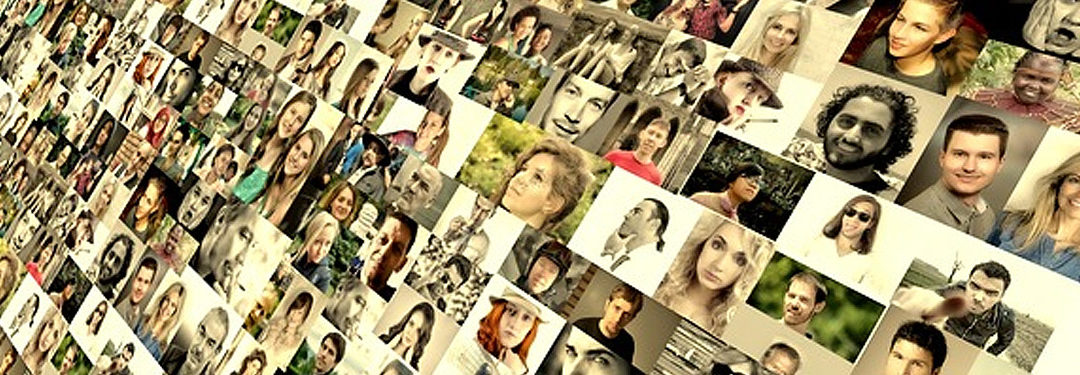Evaluating the ‘Everyone In' programme to help people who were homeless during COVID-19


Lessons learned from the ‘Everyone In’ scheme to support people who were homeless during COVID-19
Study context
People who are homeless often have other problems. These can be with the criminal justice system, drug and alcohol use, and physical and mental ill-health. Just finding them a place to stay may not be enough. They often need different kinds of help from different agencies that do not work together. It is important they get support that meets all their needs.
The ‘Everyone In’ programme started during the COVID-19 pandemic for people sleeping rough or in places where it was difficult to self-isolate (night shelters, hostels, and other shared housing). It was the first national plan to give everyone who is homeless somewhere to stay right away. We don’t fully understand the effect of ‘Everyone In’ on the health of people who are homeless, even though the programme has been assessed.
Project aims
This study will see if organising housing, health and social care for people who are homeless improves their physical and mental health. It will find ways to help people sleeping rough to get the support they need. It will also tell us what will work best in the future. It is a good chance to learn from these new ways of working.
This project is funded by the National Institute for Health and Care Research (NIHR) Public Health Policy Research Unit. It is led by Newcastle University working with Groundswell, Manchester University and Bristol University.
What it aims to achieve:
The project will work with people who have been homeless, policy makers and frontline staff to:
This includes working closely with the Department of Health and Social Care, Office for Health Improvement and Disparities. The aim is to influence future policy by running workshops with policymakers, staff who work with people who are homeless, and people who have been homeless.
The results could help local areas develop new policies and improve existing ones so people who are homeless will have better health in future.
Collaborators